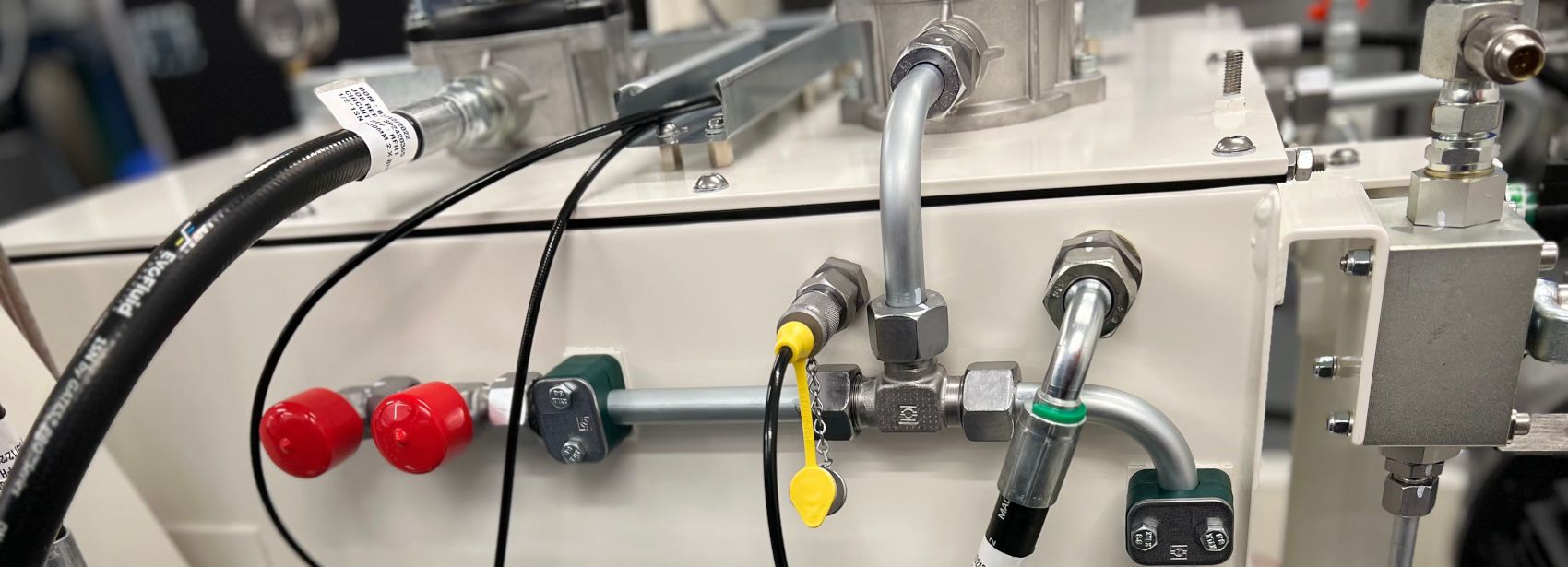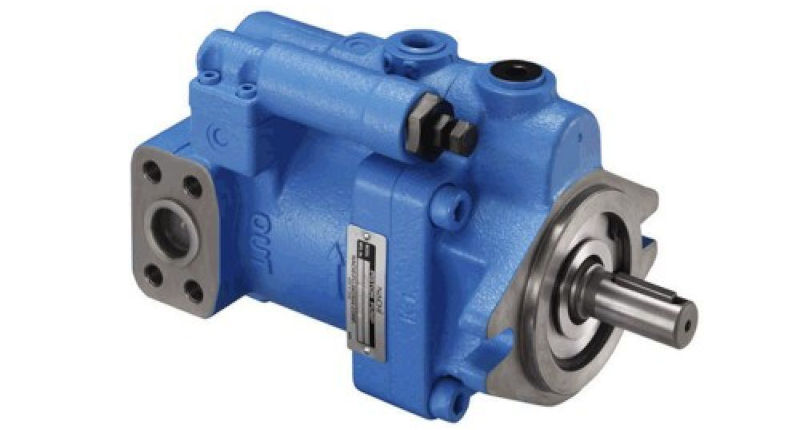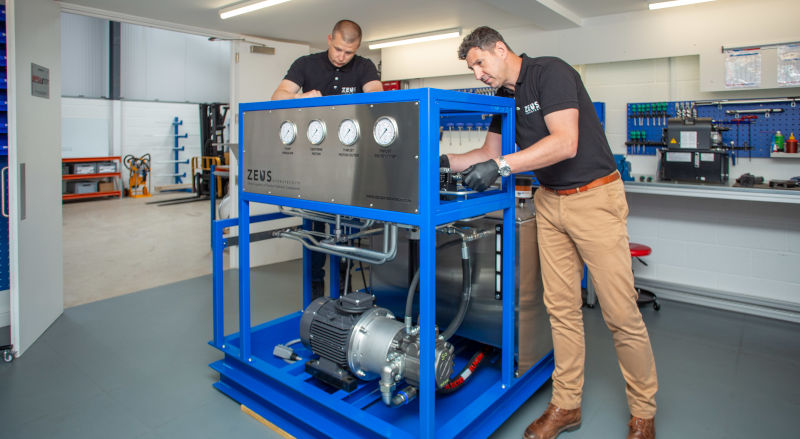
When it comes to choosing the right hydraulic power pack design for your project, the process starts with a clear understanding of the operational requirements. Consider factors such as the necessary pressure, flow rate, and power of the system. The type of fluid, reservoir size, and the type of pump are also critical components that cannot be overlooked. Ensuring compatibility with your existing systems is equally important for seamless integration and performance.
Selecting the appropriate components for your power pack can dramatically influence performance and longevity. Opt for high-quality pumps, motors, valves, and filters that match the demands of your application. Be aware of the different types, such as gear, vane, or piston pumps, and their suitability for your project. Similarly, various motor options – electric or combustion – need to be considered based on your power source availability and mobility requirements.

Above: A Nachi PVS piston pump: the hydraulic pump is a vital component in any hydraulic power pack design.
Your hydraulic power pack should ideally be customised to meet unique application demands. Whether requiring compact designs for constrained spaces, specific control methods for precision operations, or particular materials to withstand harsh environments, the customisation potential is vast. Working with experts like Zeus Hydratech ensures your system is designed with every detail in mind to deliver peak performance and reliability.
Modern hydraulic power pack designs now incorporate energy-efficient features and environmentally friendly options. Variable speed drives, for example, can reduce energy consumption and save costs. When selecting your power pack, consider the environmental impact of the hydraulic fluids and the system's overall energy footprint. Striking a balance between high performance and sustainable operation has become imperative.
A robust design is not just about performance; it is also about safety and durability. Choose a hydraulic power pack design that adheres to stringent quality standards and safety regulations. Look for systems that offer thorough overpressure protection, temperature regulation, and filtration systems to maintain oil cleanliness. Quality assurance from your supplier should give you confidence that your power pack will operate safely under all conditions.

Above: Two of Zeus Hydratech's Hydraulic engineers putting the final touches to a bespoke hydraulic power pack, designed for our customer based in the aerospace sector.
Maintaining your hydraulic power pack is crucial to ensure that it remains reliable over its lifespan. Access to support, spare parts, and maintenance documentation becomes extremely valuable. Engage with suppliers like Zeus Hydratech who provide comprehensive after-sales service, helping you keep your hydraulic systems in prime operating condition and reducing downtime.
The design of a hydraulic power pack can greatly affect system performance. A well-designed power pack can provide the right amount of hydraulic power efficiently and reliably.
Hydraulic power pack design and hydraulic power unit design are often used interchangeably. Both refer to the design of a self-contained unit that converts mechanical power into hydraulic power.
Factors considered in hydraulic power pack design include the type of hydraulic fluid, the power of the motor, the size of the reservoir, and the type and size of the pump.
Hydraulic power pack design involves creating a self-contained unit that includes a motor, a hydraulic pump, and a reservoir. It converts mechanical power into hydraulic power.
Vat Reg Number: 846644204 Company Registration Number: 5230249
© Copyright 2026 Zeus Hydratech | All Rights Reserved